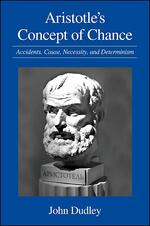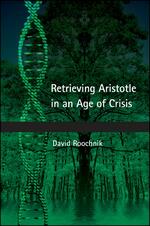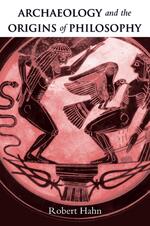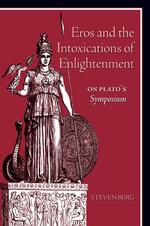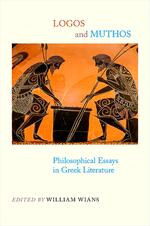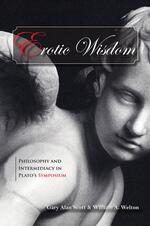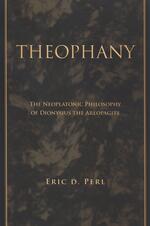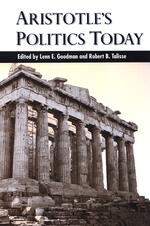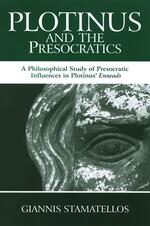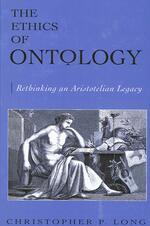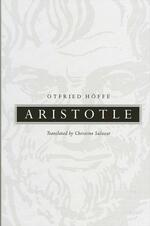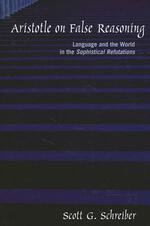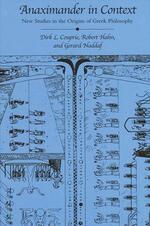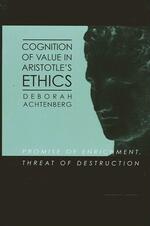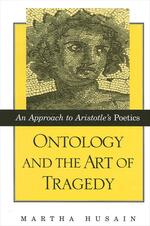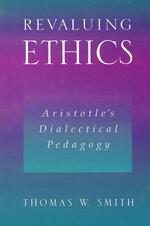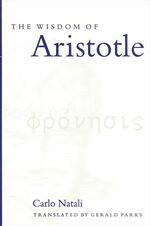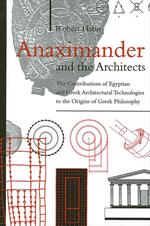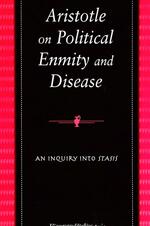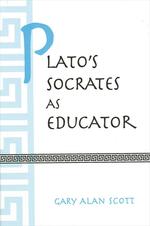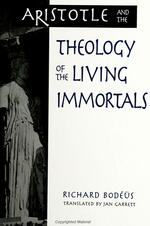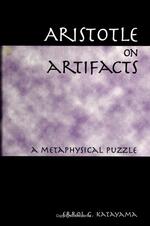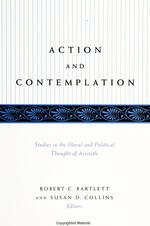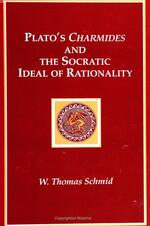SUNY series in Ancient Greek Philosophy
Aristotle's Concept of Chance
The first exhaustive study of Aristotle's concept of chance.
Retrieving Aristotle in an Age of Crisis
An urgent, contemporary defense of Aristotle
Archaeology and the Origins of Philosophy
Detailed study of how Anaximander’s cosmological and philosophical conceptions were affected by architectural technologies.
Eros and the Intoxications of Enlightenment
Provocative reinterpretation of Plato's Symposium.
Logos and Muthos
Explores the philosophical dimensions present in the works of ancient Greek poets and playwrights.
Erotic Wisdom
A lively and highly readable commentary on one of Plato’s most beloved dialogues.
Theophany
Situates Pseudo-Dionysius the Areopagite as a Neoplatonic philosopher in the tradition of Plotinus and Proclus.
Aristotle's Politics Today
Examines the implications of Aristotle’s political thought for contemporary political theory.
Plotinus and the Presocratics
The first book-length philosophical study on the Presocratic influences in Plotinus’ Enneads.
The Greek Concept of Nature
Explores the origin and evolution of the Greek concept of nature up until the time of Plato.
The Ethics of Ontology
A novel rereading of the relationship between ethics and ontology in Aristotle.
Aristotle
A comprehensive introduction to the life and work of Aristotle.
Aristotle on False Reasoning
A comprehensive look at Aristotle's treatise on logical fallacies.
Anaximander in Context
Places the development of Anaximander's thought within social, political, cosmological, astronomical, and technological contexts.
Cognition of Value in Aristotle's Ethics
Argues that the central cognitive component of ethical virtue for Aristotle is awareness of the value of particulars.
Ontology and the Art of Tragedy
Argues for a reading of the Poetics in light of the Metaphysics.
Revaluing Ethics
Challenges influential interpretations of Aristotelian ethical and political philosophy.
The Wisdom of Aristotle
Appearing in English for the first time, this is the definitive scholarly treatment on the role of practical reasoning in ethics.
Anaximander and the Architects
Uses textual and archaeological evidence to argue that emerging Egyptian and Greek architectural technologies were crucial to the origins and development of Greek philosophy.
Aristotle on Political Enmity and Disease
Explores Aristotle's theory of the causes that give rise to stasis ('civic disorder'), and provides an original and systematic account of his understanding of political justice and friendship.
Plato's Socrates as Educator
Examines and evaluates Socrates' role as an educator in Plato's dialogues.
Aristotle and the Theology of the Living Immortals
Argues that Aristotle used the most traditional Greek ideas about the gods to develop and defend his physical, metaphysical, and ethical teachings.
Aristotle on Artifacts
Investigates Aristotle's views on the ontological status of artifacts in the Metaphysics, with implications for a variety of metaphysical problems.
Action and Contemplation
European and North American scholars explore the political philosophy of Aristotle, with particular attention to questions arising from the Politics and the Nicomachean Ethics.
Plato's Charmides and the Socratic Ideal of Rationality
Interprets Plato's Charmides as a microcosm of Socratic philosophy that presents Plato's vision of the life of critical reason and of its uneasy relation to political life in the ancient city.
